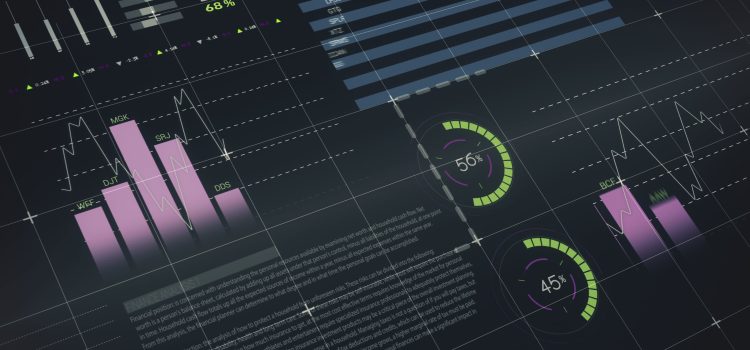
The Bank of England’s Monetary Policy Committee (MPC) has warned against making early rate cuts this month in a bid to help protect the UK economy from the effects of Brexit. The warning comes as the Bank of International Settlements (BIS) released its latest report, which highlights the risks surrounding countries cutting interest rates too soon. The BIS suggests that central banks should focus instead on fiscal measures such as increasing government spending and tax cuts. In this blog post, we take a closer look at what these warnings mean for you and how it could affect your finances going into 2021. We’ll also explore some strategies to help keep your money safe during these uncertain times.
What is the BIS?
The BIS, or Bank for International Settlements, is an organization that promotes international monetary and financial cooperation. It also acts as a bank for central banks. The BIS is headquartered in Basel, Switzerland.
The BIS has been around since 1930 and was created to help promote global economic stability. It does this by:
-Encouraging central banks to cooperate
-Acting as a bank for central banks
-Collecting and publishing data
-Carrying out economic research
The BIS also provides services to the banking industry, such as training programs and risk management tools.
What are the implications of the BIS warning against early rate cuts?
The Bank for International Settlements (BIS) has warned central banks against cutting interest rates too early in the face of economic headwinds, cautioning that such a move could exacerbate financial stability risks.
This is a significant warning from one of the world’s most influential central banks, and one that should not be ignored.
When interest rates are cut, it makes it cheaper for borrowers to service their debt. This can help to stimulate economic activity and prop up growth. However, if rates are cut too early or by too much, it can create problems down the line.
For example, if rates are cut when inflation is still high, this can lead to an increase in debt levels and potentially stoke asset price bubbles. If these bubbles then burst, it can cause widespread economic damage.
The BIS’ warning is therefore a timely reminder that central banks need to be cautious when it comes to cutting rates. They should only do so if there is a clear need to support the economy, and not simply because markets are calling for it.
How might this affect you?
The Bank of International Settlements (BIS) has warned that central banks should think twice before cutting interest rates in response to the coronavirus pandemic.
In a new paper, the BIS said that while emergency rate cuts may be warranted in some cases, they could also lead to “significant” problems down the road.
The paper comes as a number of major central banks, including the US Federal Reserve, have slashed rates in recent weeks in an effort to shore up economies amid the outbreak.
So what does this all mean for you?
For one, it could mean higher borrowing costs down the road. If central banks keep rates too low for too long, it could lead to inflation and asset bubbles. And if those bubbles eventually burst, it could cause a financial crisis.
Of course, all of this is just speculation at this point. It remains to be seen how exactly the coronavirus will affect economies around the world and whether or not central banks will need to take further action.
Conclusion
This warning from the BIS has raised some important questions about the potential consequences of early rate cuts. While this may have caused a few moments of panic, it is always best to remember that no one truly knows how rate cuts will affect financial markets until they occur. In the meantime, you should consider taking steps to protect and diversify your investments in order to prepare for any impact these rate changes might have on your finances. With careful planning and monitoring, we can ensure our continued success despite whatever changes may come.










